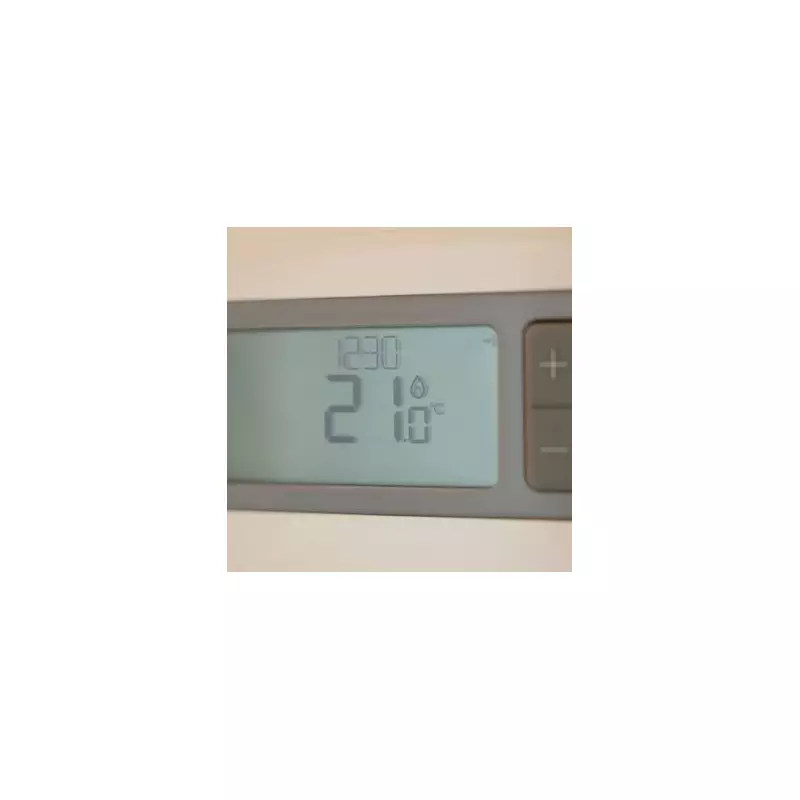
As the chilly grip of winter begins to loosen, millions of UK households are keen to reduce their sky-high energy bills. The burning question remains: when is the right time to finally switch off the heating without shivering through the night?
According to energy specialists at British Gas, there is a specific date to mark in your calendar. Based on extensive analysis of UK weather patterns and energy consumption data, the last day of March is the ideal target to turn your radiators off for the season.
Why the End of March?
This date isn't chosen at random. The experts pinpoint the end of March as the period when average temperatures across Britain traditionally become more manageable. This shift means our homes naturally retain more heat, reducing our reliance on gas and electricity to stay warm.
"There is an exact date you should be looking to turn your heating off," confirms a British Gas spokesperson. "It marks the point where the financial cost of running your heating begins to outweigh the comfort benefit for most people."
The Potential Savings
Making this switch at the optimal time isn't just about comfort—it's a serious financial decision. The experts at British Gas estimate that households could save more than £100 a year simply by being more strategic with their heating use as the seasons change.
This advice comes as a welcome relief for families still feeling the pinch from the cost of living crisis and historically high energy prices.
Tailoring Advice to Your Home
While the end-of-March rule is a excellent guideline, the experts are quick to note that every home is different. Several key factors can influence your ideal switch-off date:
- Your home's insulation: Well-insulated modern homes will retain heat far more effectively than older, draughty properties.
- Geographic location: Households in warmer southern regions may be able to switch off earlier, while those in colder northern areas might need a few extra days.
- Personal comfort levels: Individual tolerance to the cold varies greatly, especially for the elderly, very young, or those with certain health conditions.
The most effective strategy remains using a programmable thermostat. These devices allow you to set specific temperatures for different times of the day, ensuring you only heat your home when necessary, regardless of the date on the calendar.





